

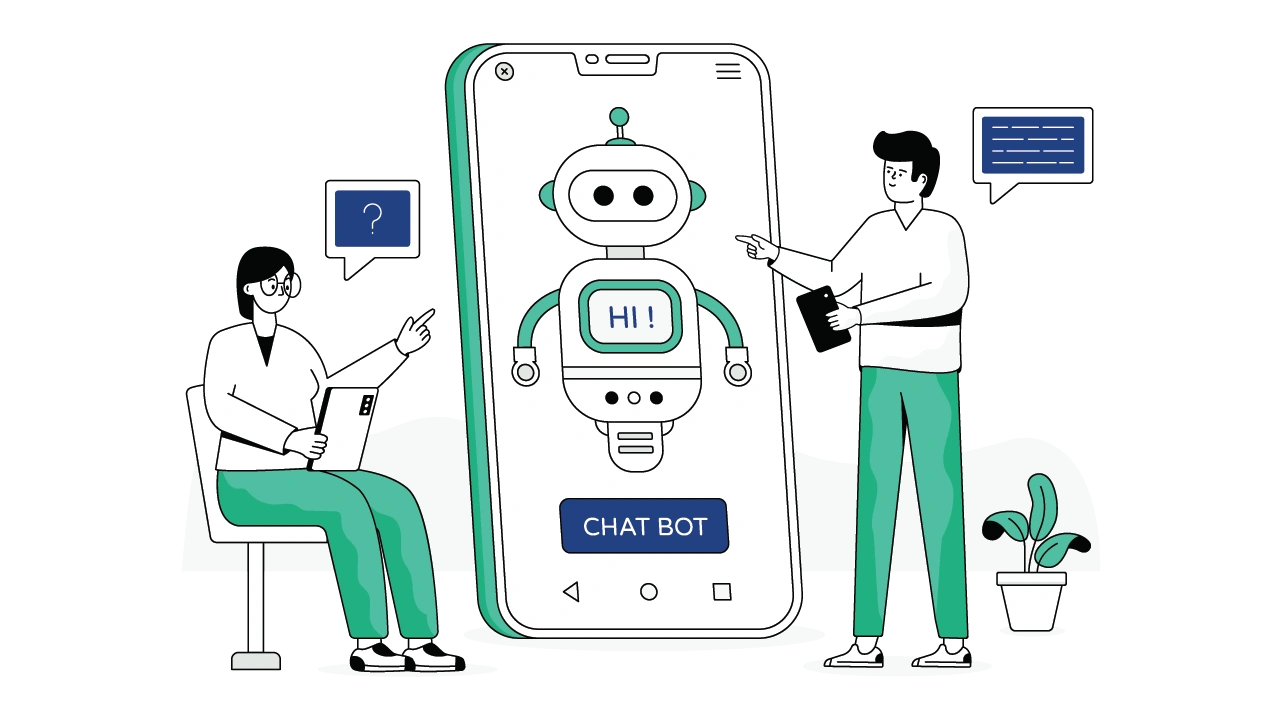
Once, chatbots greeted candidates with templated messages and scheduled interviews. Today, agentic AI in HR is no longer confined to scripted exchanges—it is autonomously screening applications, recommending hires, and guiding employee development. The leap is striking: from reactive assistants that responded on command, to proactive collaborators capable of making independent, context-aware decisions.
This transformation marks the beginning of a new era in the AI in HR evolution. For years, organizations experimented with chatbots for efficiency gains. Now, with the rise of autonomous AI agents, HR is experiencing a paradigm shift—one where AI is not just a tool but a teammate.
This blog explores what makes agentic AI different from earlier chatbots, why it matters in 2025, and how HR leaders can harness its power responsibly. We’ll look at the core use cases, benefits and risks, and practical steps for preparing HR functions to integrate these intelligent systems. Ultimately, we’ll ask: what does it mean for HR professionals to “manage” AI colleagues, and how will this redefine the future of work?
Traditional HR chatbots were rule-based systems: they answered FAQs, scheduled interviews, and supported repetitive administrative tasks. Their strength was speed, but their limitation was context. They lacked judgment, adaptability, and autonomy.
Agentic AI changes that. Defined by HR Executive as “AI systems capable of independent decision-making aligned with organizational goals,” and described by Mercer as “AI agents that proactively collaborate with humans,” agentic AI goes beyond task execution. These systems can interpret complex scenarios, balance competing priorities, and act without needing explicit human prompts.
Unlike chatbots, which are reactive, agentic AI is proactive—identifying gaps, recommending strategies, and even escalating concerns in real time. In essence, it transforms AI from a digital assistant into a true colleague in HR workflows.
The timing is no coincidence. According to McKinsey & Company, more than 60% of global enterprises are expected to adopt agentic AI systems across business functions by 2025. Avature’s 2025 HR Technology Outlook highlights that HR leaders are under increasing pressure to balance workforce agility, compliance, and employee experience at scale.
In this context, agentic AI offers a competitive edge. It addresses not just efficiency but adaptability, aligning with the future of HR technology 2025. As talent markets grow more complex, HR teams require collaborators—not just tools—that can navigate uncertainty and enhance decision-making.
Agentic AI is already transforming core HR processes:
• Recruiting Automation: From drafting job descriptions to sourcing candidates and conducting assessments, agentic systems like those highlighted by HR Executive and XenonStack manage end-to-end hiring pipelines. They adapt job postings to market trends and flag high-potential candidates with minimal bias.
• Performance Feedback & Learning Personalization: Instead of generic feedback loops, AI agents track individual performance, recommend tailored learning pathways, and adjust training dynamically—empowering continuous professional development.
• HR Operations: Beyond recruitment, agentic AI manages compliance checks, streamlines onboarding workflows, and even coordinates scheduling across departments. These systems act as operational partners, ensuring regulatory adherence while freeing HR professionals for strategic priorities.
Treating agentic AI as a collaborator—rather than a mere tool—offers clear advantages but also introduces complex risks.
The challenge is clear: organizations must embrace AI’s capabilities while building frameworks that safeguard fairness and trust.
Introducing autonomous AI agents requires more than deployment—it requires cultural adaptation. HR teams must build new competencies around human-AI collaboration, ensuring employees feel empowered, not replaced.
Best practices include:
For agentic AI to thrive responsibly, organizations must implement robust governance:
Transparency builds trust. When employees understand how AI works, they are more likely to accept its decisions as fair and supportive.
Also Read : Agentic AI in the Workplace: How to Manage AI as a Colleague
As agentic AI assumes operational tasks, HR professionals’ roles will shift dramatically. Instead of being process executors, they will evolve into strategic orchestrators—designing ecosystems where humans and AI collaborate seamlessly.
Future maturity models suggest a roadmap where:
This evolution reflects a broader truth: HR’s future lies not in resisting AI but in redefining its value alongside intelligent systems.
The story of HR technology has shifted from chatbots that simply answered queries to agentic AI in HR—systems that act, decide, and collaborate as partners. These intelligent agents are reshaping recruitment, performance management, and HR operations, offering immense benefits while demanding new frameworks of trust, governance, and human oversight.
For HR professionals, the challenge is no longer whether AI will play a role, but how to integrate it responsibly and strategically. Success will depend on embracing human-AI teaming as a core competency and preparing for a future where AI is not just a tool, but a teammate.
Prompt: Is your HR function ready to collaborate—with the AI of tomorrow?
Agentic AI in HR refers to AI systems that act autonomously, make decisions aligned with organizational goals, and proactively collaborate with HR professionals—moving beyond rule-based chatbots to intelligent colleagues.
While chatbots are reactive and limited to predefined scripts, agentic AI is proactive, adaptive, and capable of decision-making without direct prompts. It can manage recruitment pipelines, personalize learning, and ensure compliance dynamically.
The main advantages include efficiency gains, reduced bias in hiring, scalability in managing large workforces, and improved personalization in employee development.
Potential risks include loss of transparency, ethical concerns around bias, over-reliance on automated decisions, and reduced human oversight in sensitive HR processes.
Preparation involves change management, upskilling in AI collaboration, creating governance frameworks, and fostering transparency so employees trust AI-driven outcomes.
HR will evolve from a process executor to a strategic orchestrator—designing systems where humans and AI work together, while focusing on culture, trust, and ethical alignment.
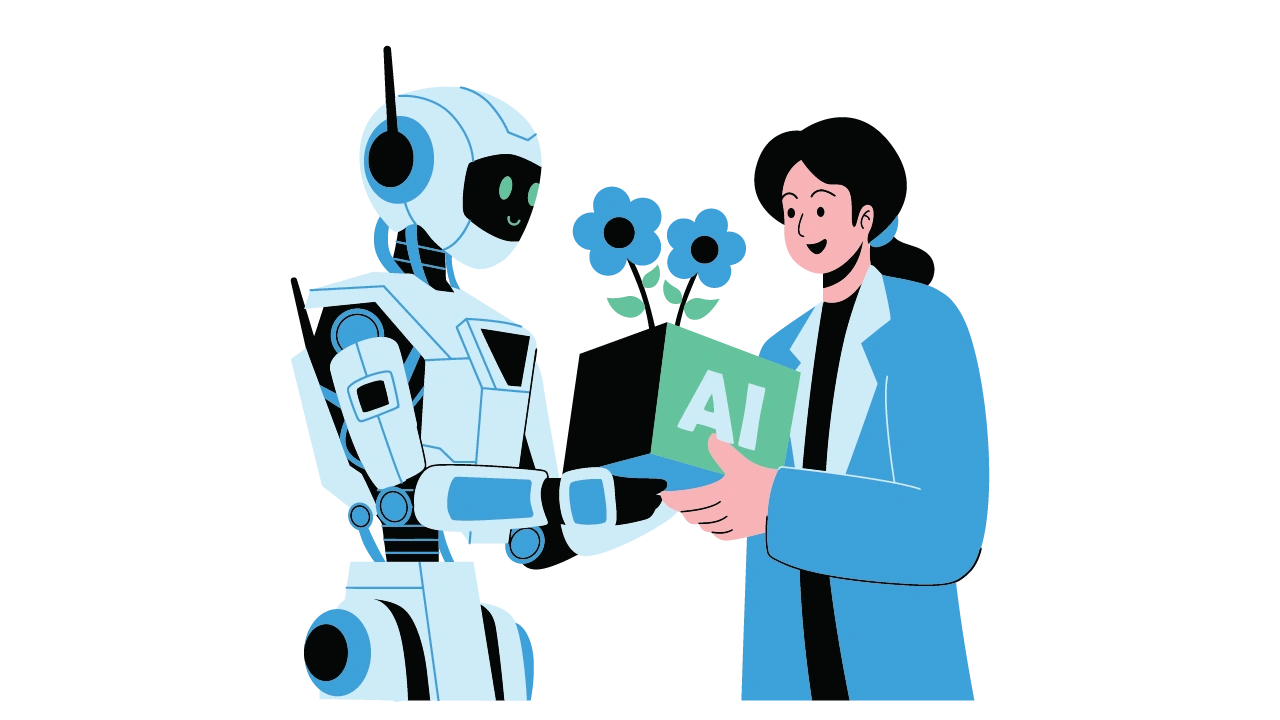
In today’s rapidly evolving work landscape, the arrival of Agentic AI in the workplace is shifting the way teams function, decisions are made, and work is delivered.
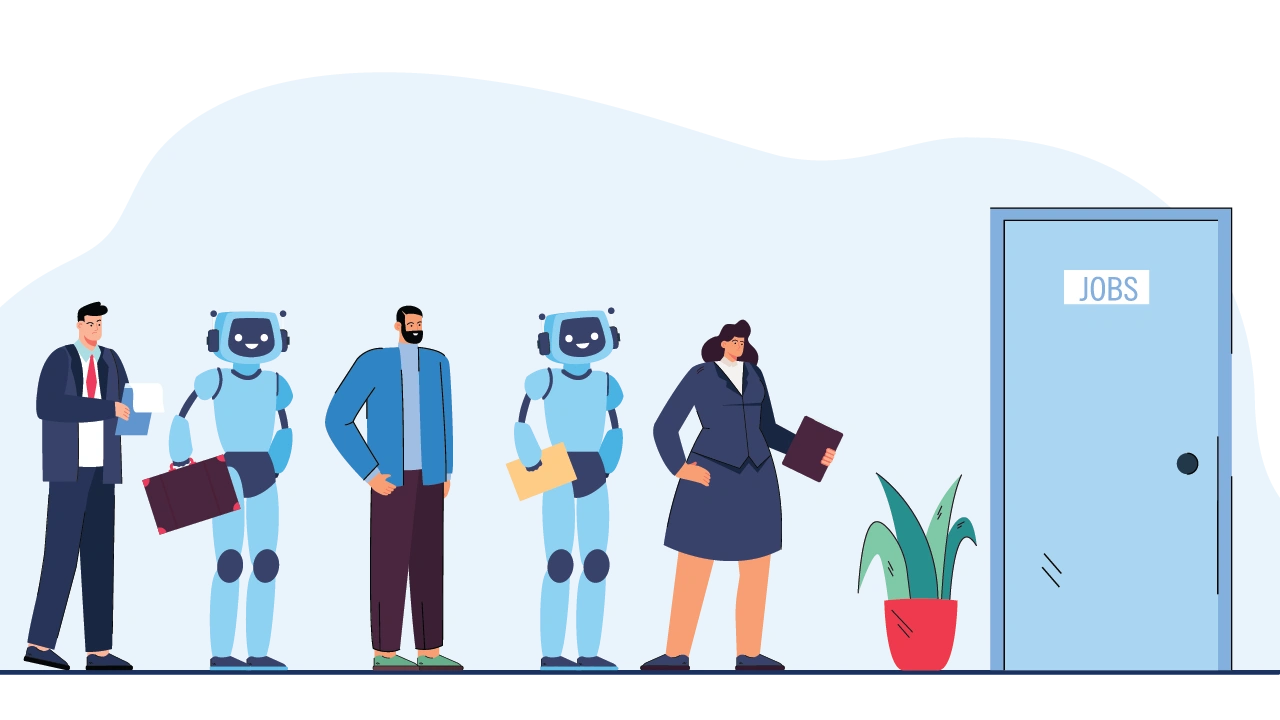
As artificial intelligence continues to reshape the workplace, a new frontier is emerging-one where human workers and AI agents collaborate in increasingly...
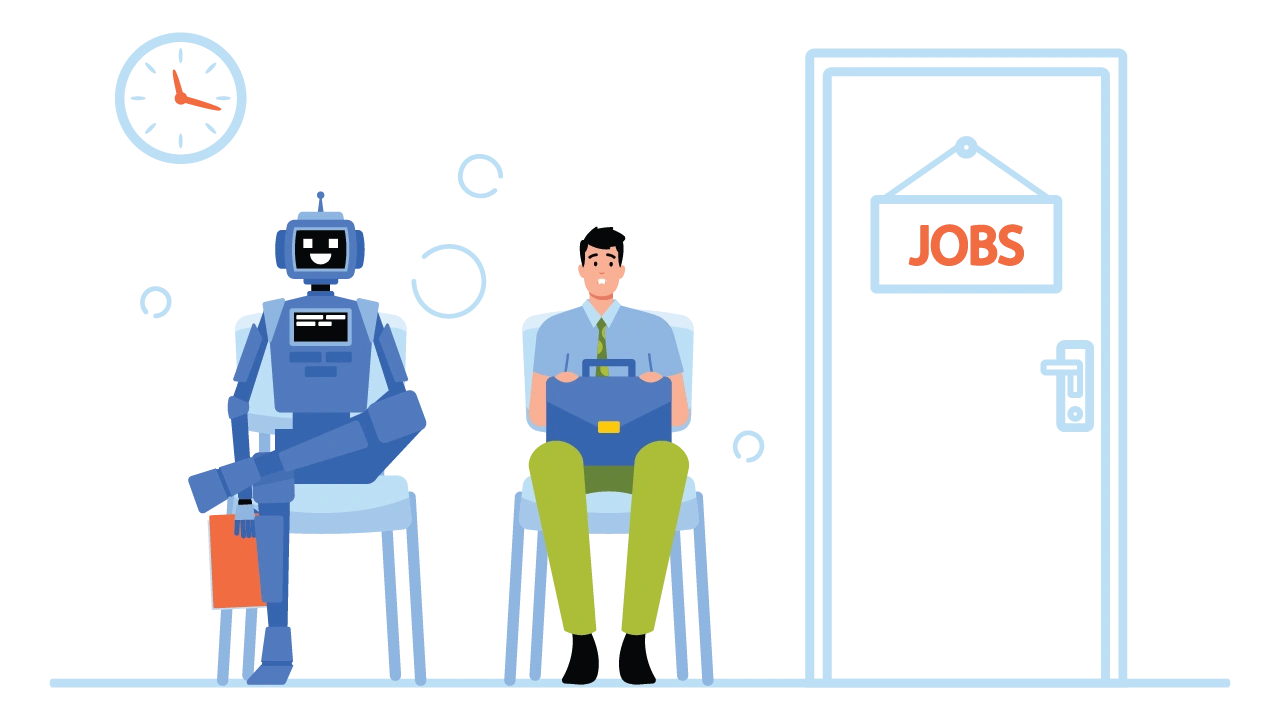
The “Future of Work” is no longer a distant vision—it’s today’s reality. In 2025, global organizations are navigating a landscape transformed by generative AI...
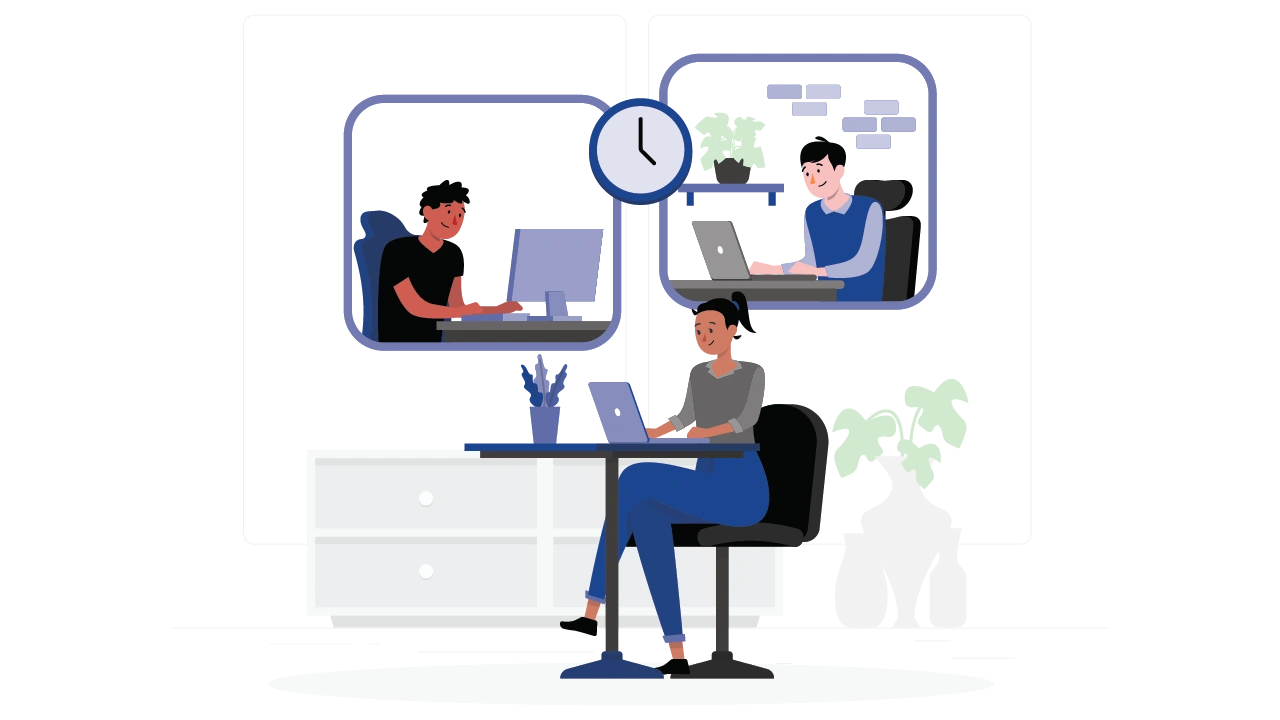
In a world where distributed teams are the norm rather than the exception, the role of culture is under the microscope like never before...
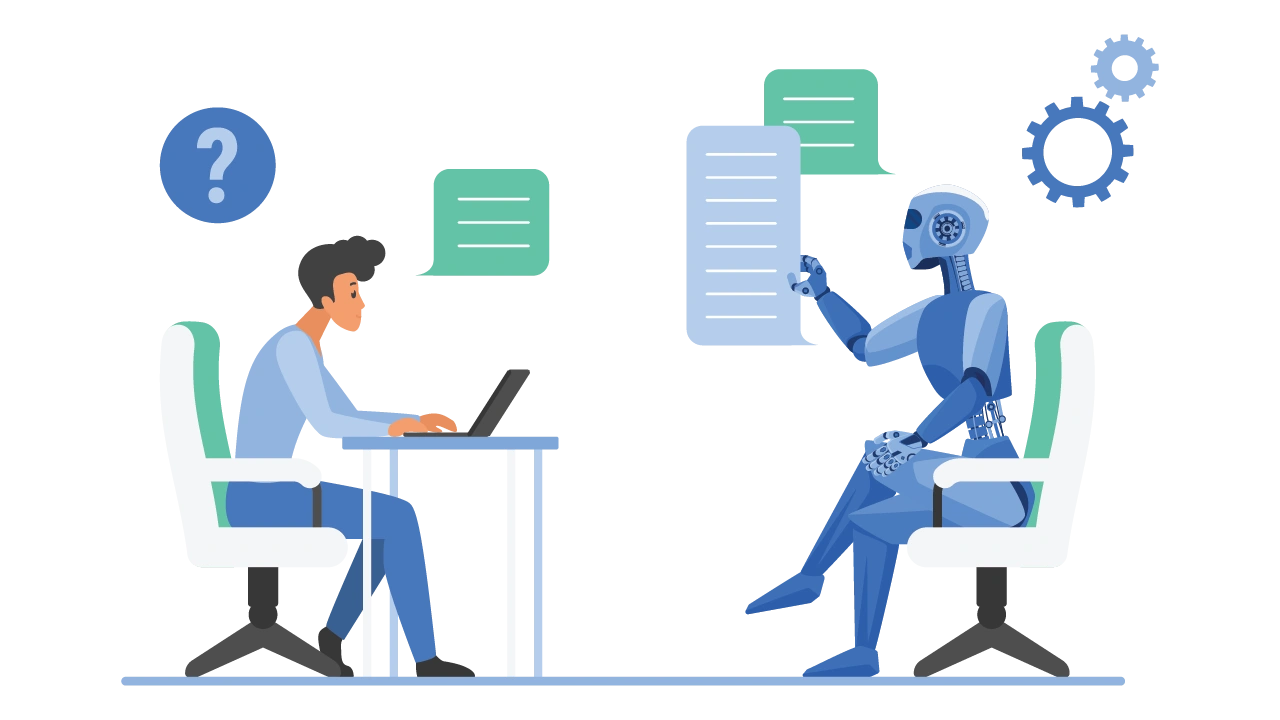
We hear about AI everywhere - from headlines about job losses to promises of supercharged productivity...
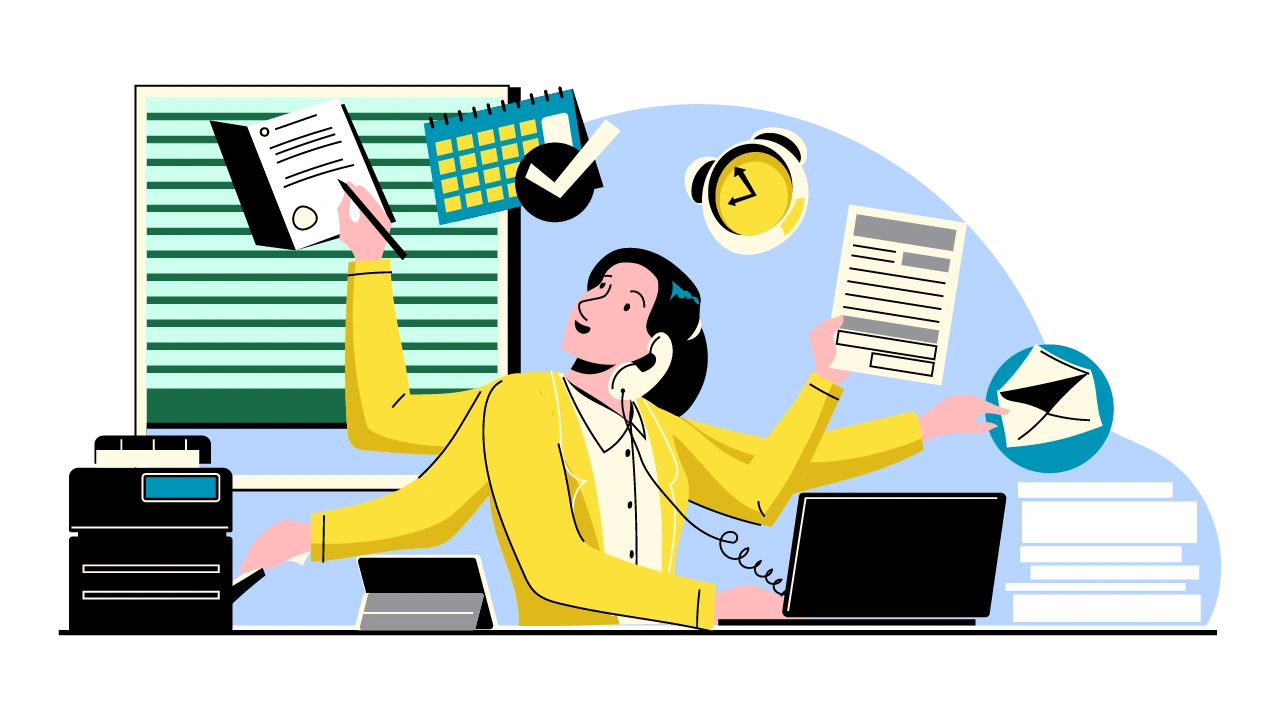
In today's dynamic and often unpredictable business landscape, growth is the ultimate aspiration for small and mid-sized enterprises (SMEs)...